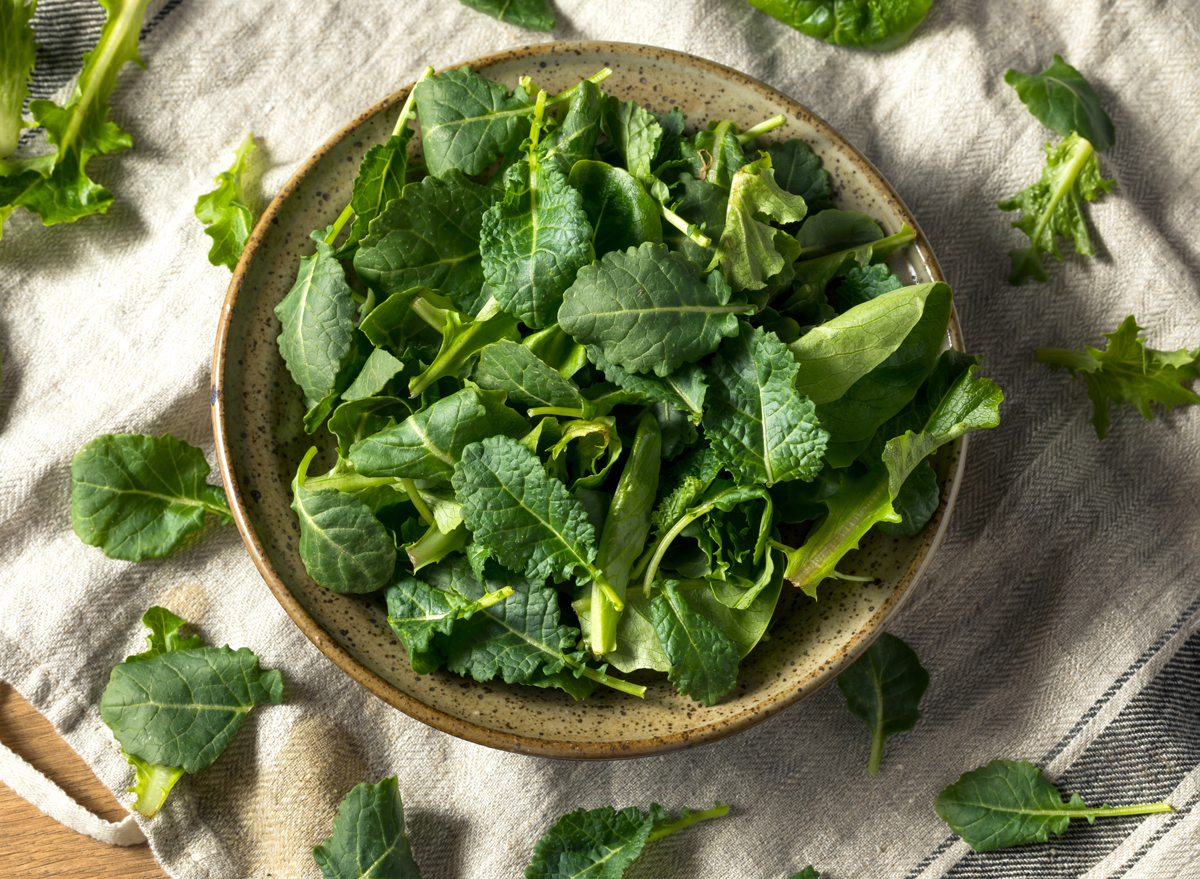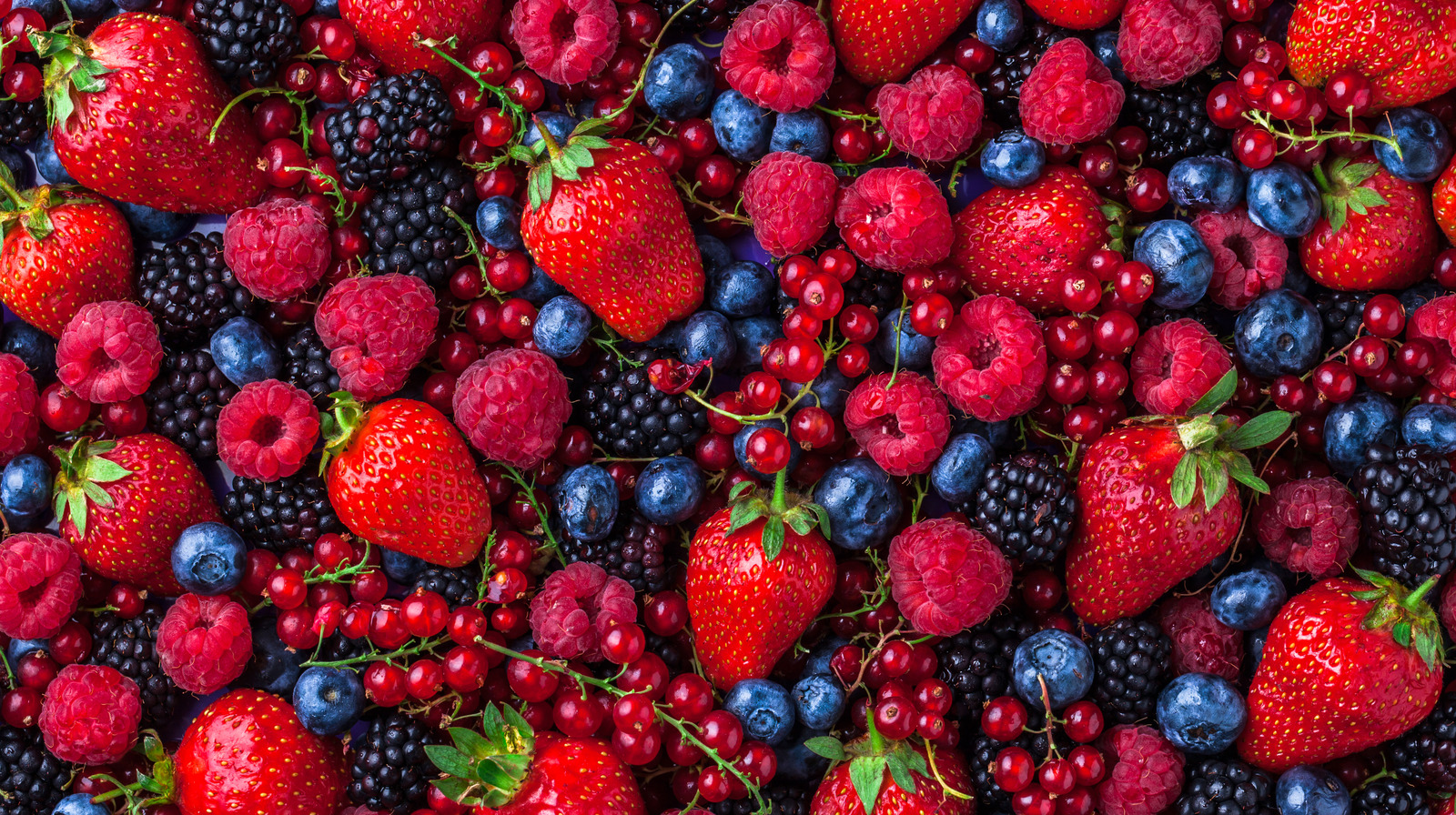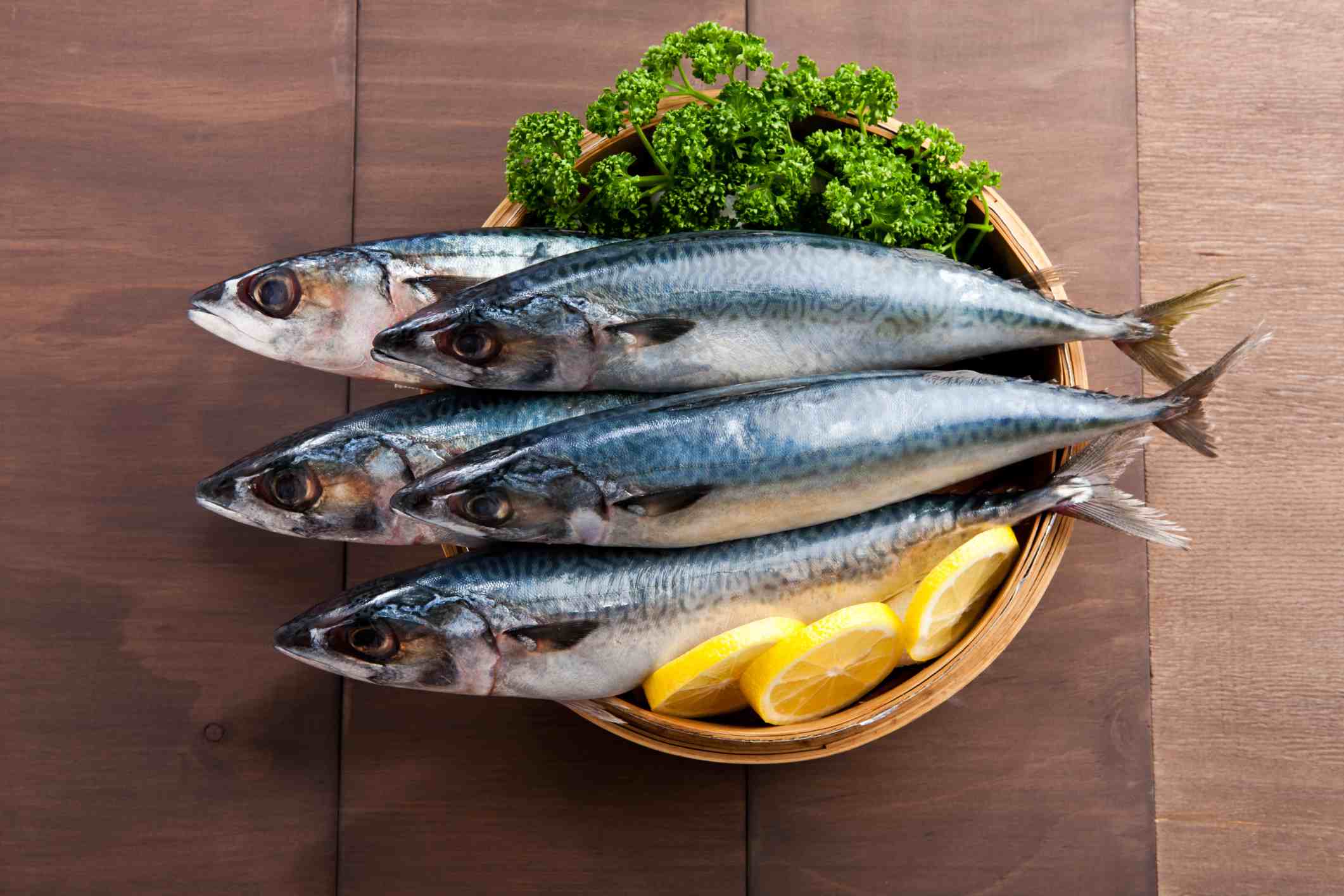Good day, viewers! Today we will be discussing the top 5 foods that can help improve gut health and promote longevity. The gut is often referred to as the "second brain" because it plays a crucial role in our overall health and wellbeing. It is home to trillions of microorganisms, including bacteria, viruses, and fungi, that make up the gut microbiome. When the gut microbiome is out of balance, it can lead to various health problems like inflammation, digestive issues, and even chronic diseases like obesity and diabetes.
However, by incorporating the right foods into our diet, we can help support a healthy gut microbiome and promote longevity. In this post, we will be discussing the top 5 foods that can help improve gut health and promote longevity, including fermented foods, leafy greens, berries, nuts and seeds, and omega-3 rich fish. We will delve into the specific benefits of each of these foods and how they can help support a healthy gut microbiome and promote overall health and wellbeing. So, without further ado, let's dive into the top 5 foods that can help improve gut health and promote longevity!
1, Fermented Foods.
Fermented foods have been a staple in many cultures for centuries, and for good reason. These foods are not only delicious but also have numerous health benefits, particularly for our gut health. Fermented foods like yogurt, kefir, kimchi, sauerkraut, and kombucha contain probiotics, which are beneficial bacteria that can help improve gut health. These probiotics work by replenishing and maintaining the balance of good bacteria in our gut, which can be disrupted by factors like stress, antibiotics, and poor diet.
In addition to probiotics, fermented foods also contain enzymes and organic acids that aid in digestion and promote a healthy gut microbiome. The enzymes help break down food, making it easier for our bodies to absorb nutrients. The organic acids, such as acetic acid and lactic acid, can also help lower the pH of the gut, creating an environment that is less favorable for harmful bacteria.
Overall, incorporating fermented foods into our diet can have significant benefits for our gut health, including improved digestion, enhanced immune function, and even better mental health. So, next time you're at the grocery store, consider picking up some fermented foods to add to your meals and give your gut health a boost!
2, Leafy Greens.
When it comes to promoting gut health, leafy greens like spinach, kale, collard greens, and chard are some of the best foods you can eat. Not only are they rich in fiber, vitamins, and minerals, but they also contain prebiotics, which are non-digestible fibers that feed the beneficial bacteria in your gut.
Prebiotics are important because they act as food for the probiotics in your gut, helping them to thrive and grow. When you consume prebiotics, they pass through the digestive system and into the colon, where they are fermented by the bacteria in the gut. This fermentation process produces short-chain fatty acids, which provide energy for the cells in the gut and help maintain the health of the gut lining.
In addition to prebiotics, leafy greens are also a great source of fiber, which is important for promoting regular bowel movements and preventing constipation. They are also rich in vitamins and minerals, including vitamin C, vitamin K, folate, and calcium, which are essential for maintaining good health.
So, if you're looking to improve your gut health, be sure to add plenty of leafy greens to your diet. They're a delicious and nutritious way to support a healthy gut microbiome and promote overall health and wellbeing.
3, Berries.
Berries are not only delicious, but they also have numerous health benefits, particularly for gut health and longevity. Berries like blueberries, raspberries, and strawberries are high in antioxidants, which can help protect against cellular damage and promote longevity. Antioxidants work by neutralizing free radicals, which are unstable molecules that can damage cells and contribute to aging and disease.
In addition to their antioxidant properties, berries also contain fiber and prebiotics, which can help improve gut health. The fiber in berries helps to promote regular bowel movements and prevent constipation. The prebiotics in berries also act as food for the beneficial bacteria in the gut, helping to support a healthy gut microbiome.
Berries are also low in calories and high in nutrients, making them an excellent choice for those looking to maintain a healthy weight. They are a good source of vitamins C and K, as well as potassium and other essential nutrients.
Overall, incorporating berries into your diet is an easy and delicious way to support your gut health and promote longevity. Try adding them to your morning smoothie, oatmeal, or yogurt for a nutritious and satisfying breakfast.
4, Nuts and Seeds.
When it comes to promoting gut health, nuts and seeds are some of the most nutritious foods you can eat. Nuts like almonds and walnuts, as well as seeds like chia seeds and flaxseeds, are high in fiber, healthy fats, and protein, making them a great addition to any healthy diet.
In addition to their nutritional content, nuts and seeds also contain prebiotics, which can help promote a healthy gut microbiome. Prebiotics are non-digestible fibers that feed the beneficial bacteria in the gut, helping them to thrive and grow. This can lead to improved digestion, enhanced immune function, and even better mental health.
Furthermore, the healthy fats found in nuts and seeds, such as omega-3 fatty acids, are important for maintaining a healthy gut lining and reducing inflammation in the body. They can also help to lower cholesterol levels, reduce the risk of heart disease, and improve brain function.
Overall, nuts and seeds are a nutritious and versatile food that can be easily incorporated into your diet. Try adding a handful of almonds to your morning oatmeal or topping your salad with some chia seeds for a satisfying and healthy meal. Your gut will thank you!
5, Omega-3 Rich Fish.
Omega-3 rich fish, such as salmon, sardines, and mackerel, are an excellent source of healthy fats that are crucial for maintaining good health. The omega-3 fatty acids found in these fish can help reduce inflammation in the body, which is linked to a range of health problems, including gut health issues.
In addition to their anti-inflammatory properties, omega-3 rich fish are also an excellent source of vitamin D, which is important for bone health and immune function. Vitamin D helps the body absorb calcium and maintain strong bones, and it also plays a role in regulating the immune system, which is essential for overall health and wellbeing.
Incorporating omega-3 rich fish into your diet is a great way to support gut health and overall health. They can be easily prepared by grilling, baking, or broiling, and can be served with a variety of healthy side dishes like leafy greens or roasted vegetables.
Overall, adding omega-3 rich fish to your diet is an easy and delicious way to support gut health, reduce inflammation, and improve overall health and wellbeing. Try incorporating these fish into your meals at least twice a week for optimal health benefits.
That concludes our discussion on the top 5 foods that can help improve gut health and promote longevity. Remember, a healthy gut microbiome is essential for overall health and wellbeing. By incorporating these foods into your diet, you can help support a healthy gut microbiome and promote longevity. We hope you found this post informative and helpful. If you have any questions or comments, please feel free to leave them below. Thank you for watching, and we'll see you in the next post!




Comments
Post a Comment